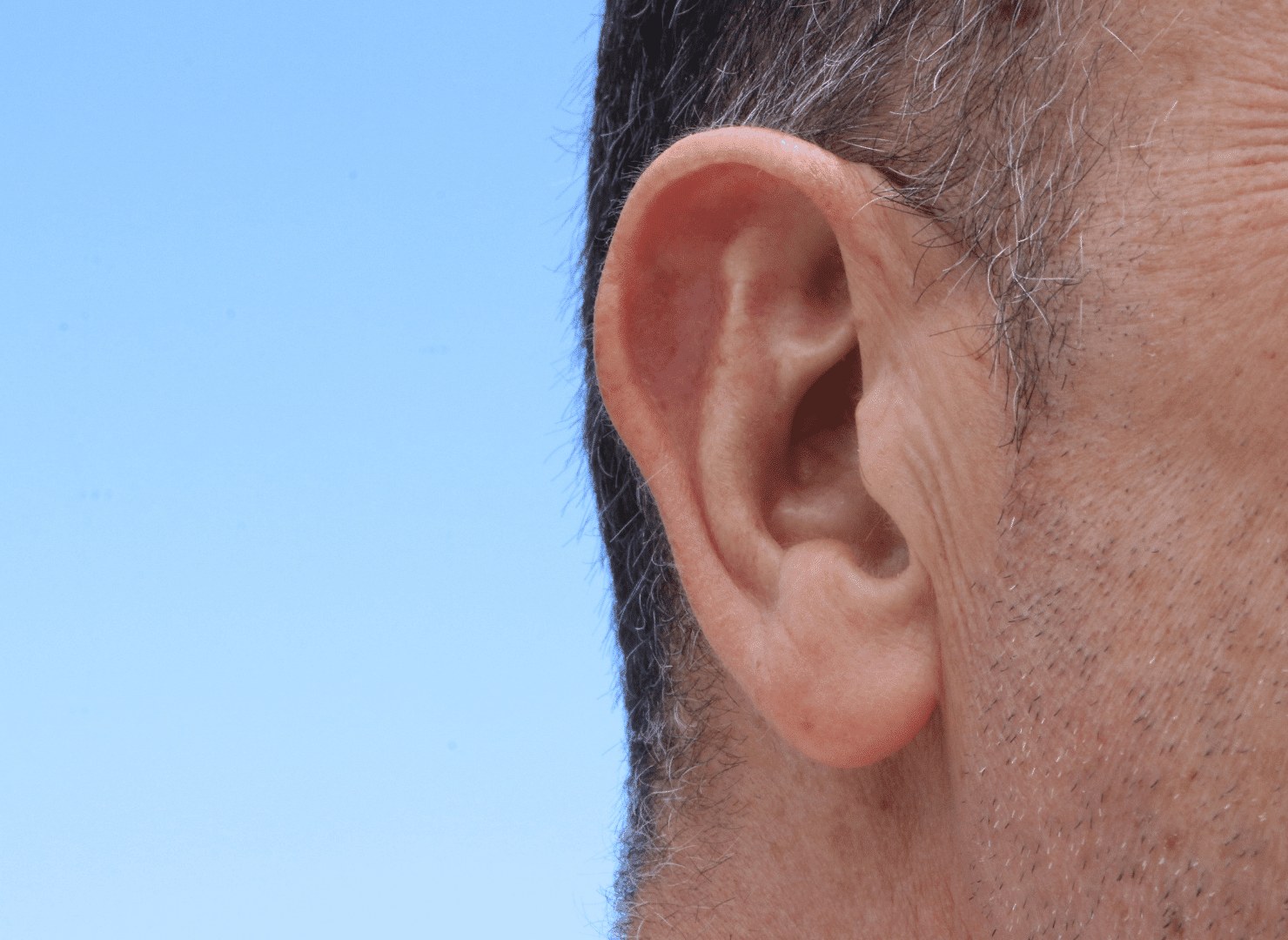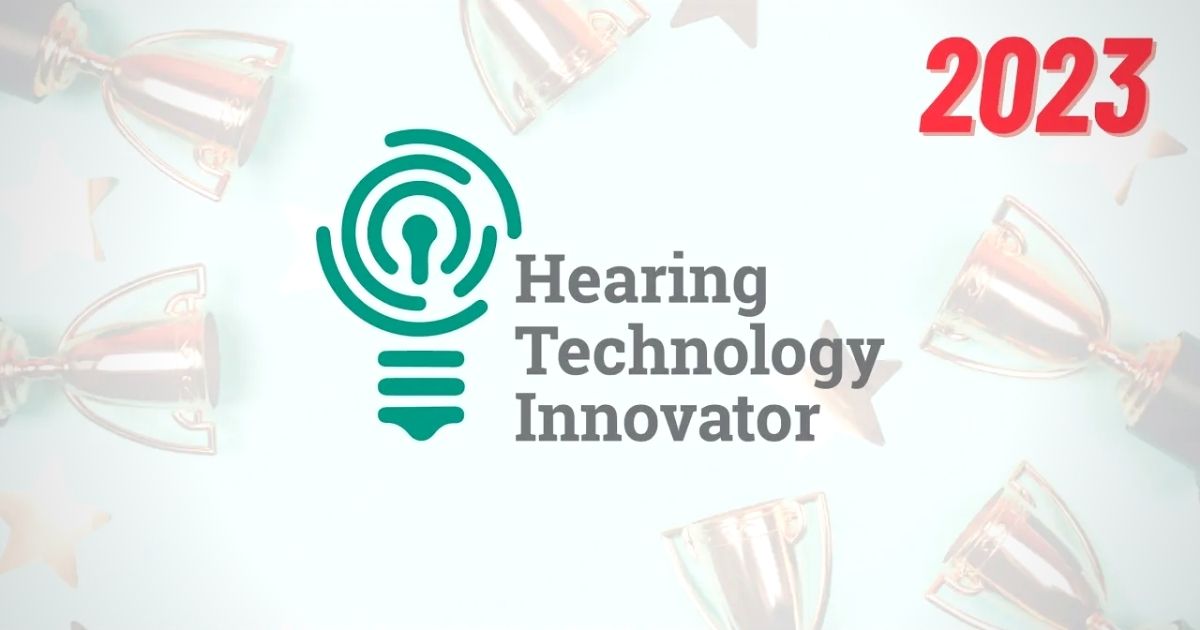At the start of December 2016, the U.S. Food & Drug Administration (FDA) released a
press announcement regarding consumer access to hearing aids and increased hearing aid accessibility. There are several important elements of FDA announcement that outline new steps the administration is taking to increase the availability and accessibility of hearing aids for people all over the country.
Guidance for Selling Hearing Aids
In addition to their announcement, the FDA also provided a
new guidance document outlining the appropriate conditions for the sale of hearing aids. In the FDA announcement, the administration acknowledged that FDA regulations are often seen as a “potential barrier” to the accessibility of
hearing aids, and thus released the new document to better communicate which regulations they do not intend to enforce. One of the most important points of the new guidance document is that the administration will not enforce the medical evaluation requirements prior to selling hearing aids to a person 18 years or older. This allows adult consumers to purchase hearing aids without a previous medical examination, making it much easier for those who do not have access to an audiologist or other specialized medical professional to buy hearing aids. There have been a
number of lawsuits against companies attempting to sell hearing aids without requiring a medical examination, and the FDA is making it clear they do not want to stand in the way of someone who needs hearing aids. The FDA stated that they will continue to enforce the medical evaluation rule for consumers under 18, and still require hearing aid labels to include information about medical conditions that should be checked by a professional.
Hearing Aid Innovation
The FDA announcement also cited a 2015 recommendation from the
President’s Council of Advisors on Science and Technology (PCAST) that intended to encourage more hearing aid innovation, less regulation upon hearing aids, and more widespread hearing aid use. The 2015 report estimates that only 15-30% of older adults with hearing loss use hearing aids, citing high costs, difficulty in shopping, and
social stigma as some of the main deterrents to wearing hearing aids. Last year’s report encouraged the FDA to approve hearing aids for sale without consulting a licensed specialist, which, as mentioned above, the FDA is now putting into practice.
The FDA announcement also mentions a federally-sponsored
study published by the National Academies of Sciences, Engineering and Medicine (NAS) in June 2016. The NAS study also recommended that the FDA lift the medical examination requirement before purchasing hearing aids. The study concluded that a specific class of over-the-counter hearing devices, like personal sound amplifiers, could be a less expensive and more accessible option than traditional hearing aids, and encouraged the FDA to create a new category of these types of devices. In their press announcement, the administration stated that they “[intend] to consider and address PCAST and NAS recommendations regarding a regulatory framework for over-the-counter hearing aids without the requirement for consultation with a credentialed dispenser. The agency is committed to seeking additional public input before proposing such an approach.”
While these changes may seem small or slow, these are big steps in improving access to hearing aid technology for millions across the country. It is encouraging to see the FDA acknowledge the barriers to purchasing hearing aids and making strides towards lessening or completely eradicating them. Making hearing aids easily available for all who need them is a immense challenge, but it is not impossible. Positive change like the FDA announcement and their new guidance rules are just the first steps toward this goal!
By: Elena McPhillips




